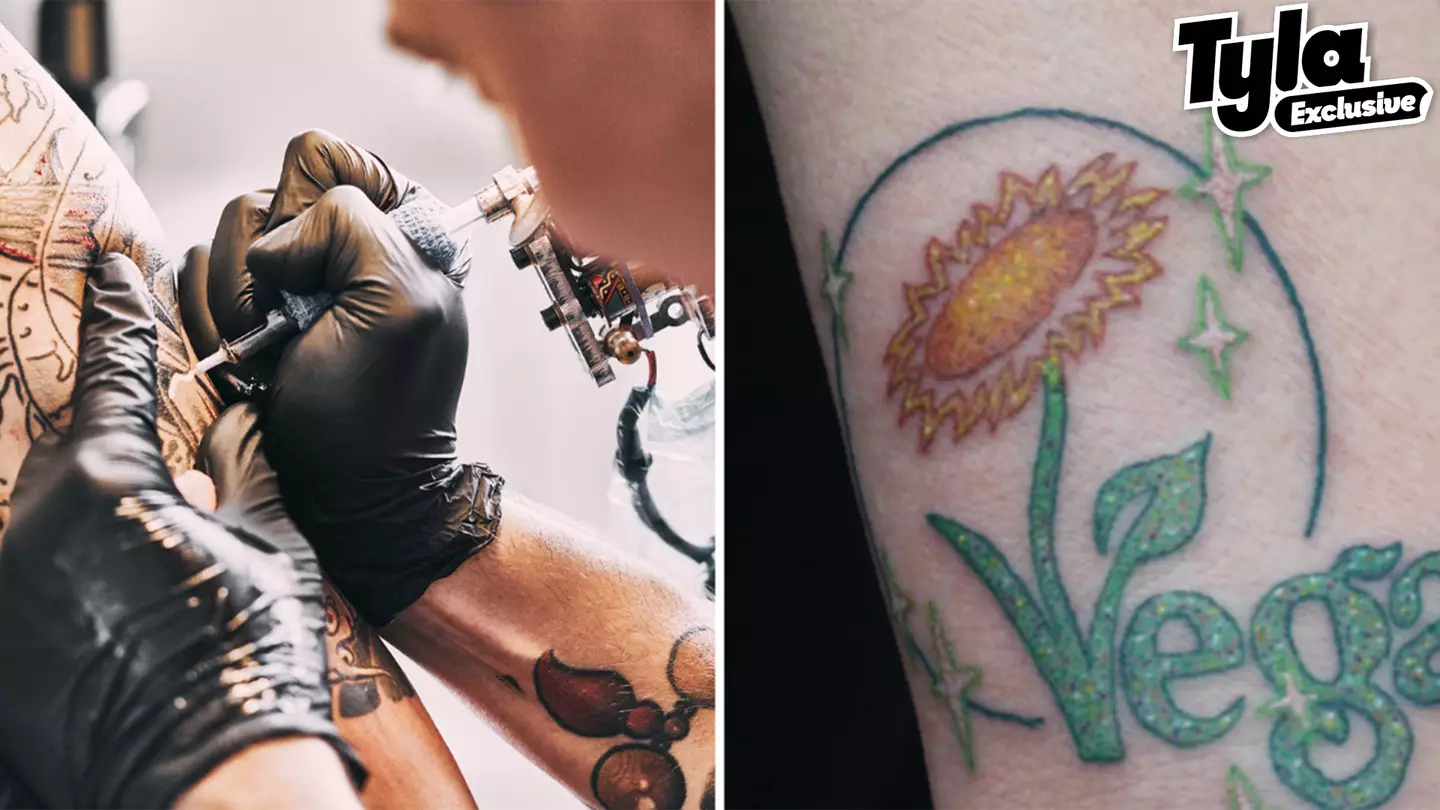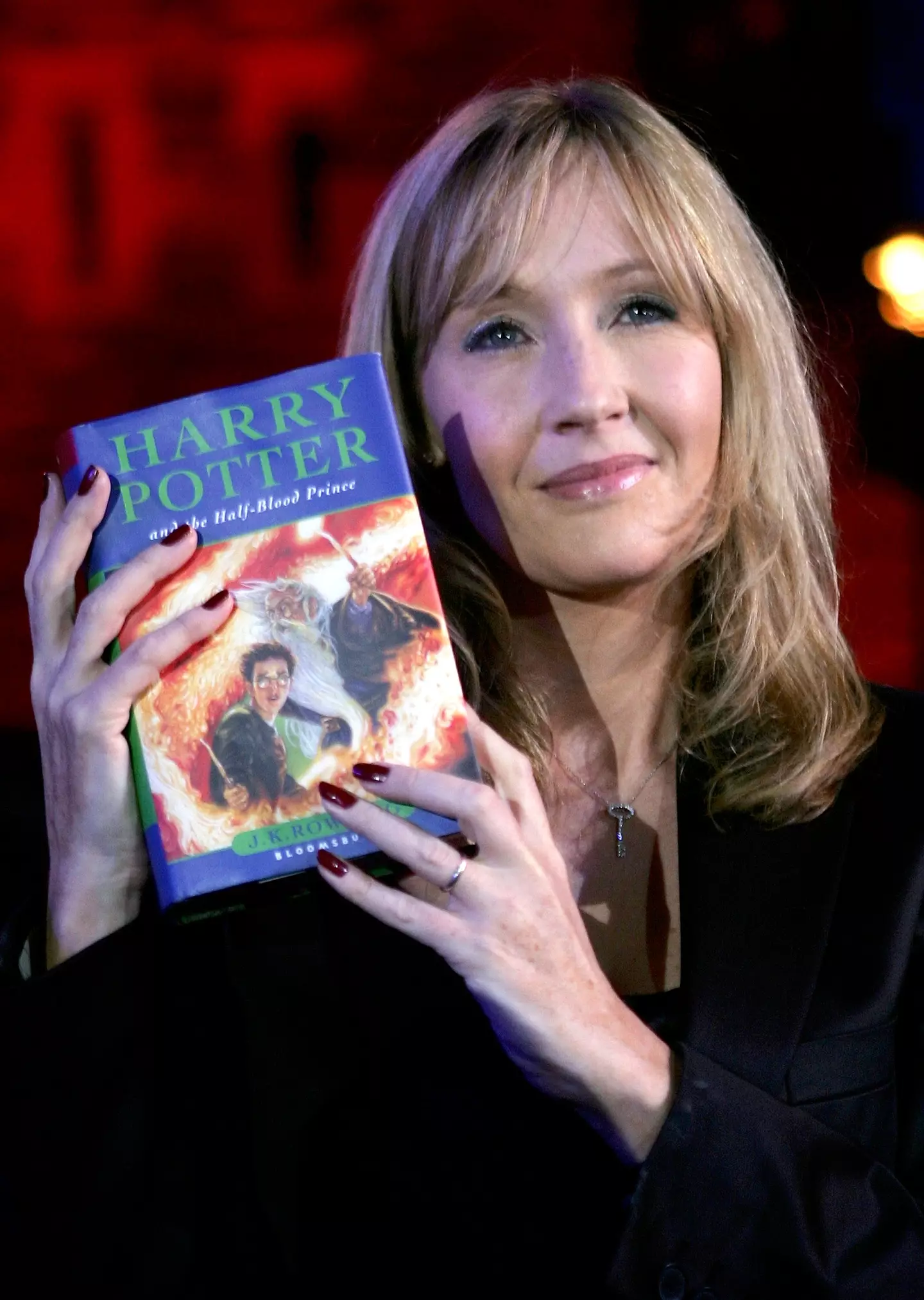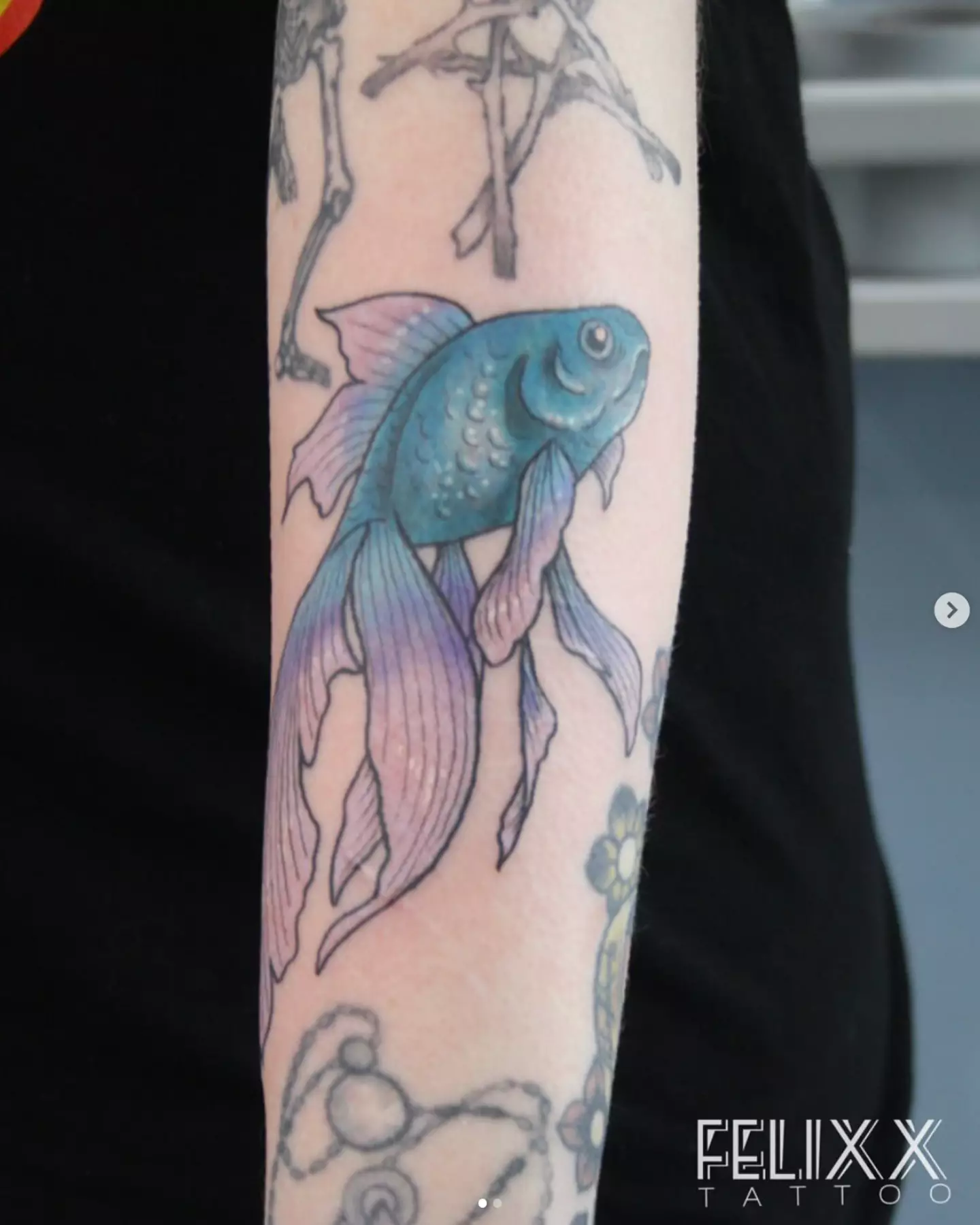
Whilst they claim the occurrence is something of a rarity, a tattoo artist has revealed why they'll always turn down three particularly controversial pieces of body art.
UK-based artist Felix Iskander has garnered quite the reputation when it comes to intricate fine line works of art, as well as vibrant colour tattoo designs and animalistic features, having racked up an impressive 4,000+ followers on Instagram.
Based in Birmingham under the username @felixxtattoo, they also specialise in vegan-friendly tattoos, claiming their art is purposefully made 'for ALL bodies'.
Interestingly, however, whilst Iskander claims they'll absolutely not discriminate when it comes to their diverse clientele, they will turn down certain tattoo requests - three, in particular.
Advert
"I believe that tattooing can be for everyone," they told Tyla.

"But as tattoo artists we don’t have to take on every project that comes through the door. Some concepts personally make me uncomfortable, or in the case of realism or cultural tattoos, I don’t feel like I’m the right artist for that job.
"I can I’ll always point someone towards an artist who is more suited."
Iskander went on to reveal which types of tattoos specifically they'll always reject, beginning with any art work that relates to the Harry Potter book series and film franchise.
1) Harry Potter tattoos
"For Harry Potter tattoos, as a trans person myself, I feel very uncomfortable tattooing these, given the authors vocal stance on trans people," they began their explanation.
For those in need of a reminder, the writer of the book series is 59-year-old JK Rowling, who has sparked major backlash in recent years for her comments on the transgender community, especially trans women.

Her tirade began with a 2020 response to an opinion piece about 'people who menstruate', after which the British author wrote on X (formerly Twitter): "I’m sure there used to be a word for those people. Someone help me out. Wumben? Wimpund? Woomud?"
Since then, she has commented on various incidents regarding trans people, such as fencer Stephanie Turner refusing to compete against trans opponent Redmond Sullivan and Trump's recent highly controversial policy to ban trans women and girls from competing in women's sports.
Discussing their ban on images relating to the Wizarding World, Iskander went on to say: "May people will argue that we should be 'separating the art from the artist', but myself and many other trans people will worry someone who is getting a new Harry Potter supports her views.
"I feel that, any tattoo that you have to explain why it doesn’t make you transphobic when some sees it, might not be the best idea."
2) The 'autism puzzle piece'
Next up on Iskander's 'do not ask' list are pieces of artwork that resemble the 'autism puzzle piece' - a symbol that was originally intended to raise awareness of both the most common and most obscure traits of the condition.
The multicoloured singular piece of jigsaw puzzle was founded in 1963, but has since become a point of contention within the community.
"For the autism puzzle piece, most autistic adults don’t feel that it’s a symbol that represents them," the artist explained.

"However, I am happy to tattoo if for autistic people who want to reclaim the symbol."
The jigsaw piece has long been taken by some as problematic due to its implications that autistic people have something missing, or aren't complete in some way. Others believe it implies that the neuro-developmental condition is something that needs 'fixing' or solving, according to The Conversation.
Elaborating on their explanation, Iskander went on to say: "Situations when I’d refuse it would be if an allistic person wants to get it as a tribute to an autistic person in their life - usually a child.
"I’d instead encourage them to get something that represents that person specifically."
3) Cultural tattoos
Whilst Iskander isn't against culturally-significant tattoos as a whole, they strictly won't apply body art linked to a certain culture onto someone's skin who does not belong to that culture.

"With tattoos from other cultures, I would prefer not to tattoo things that represent cultures other than mine or the person being tattooed," they explained. "In many cultures particular imagery holds a lot of significance and even the act of tattooing itself can be incredibly meaningful.
"I don’t feel like it’s my place to create those tattoos."
Asked how they go about turning down such artworks, they added: "I usually just politely but clearly say that it’s not a tattoo I feel comfortable doing and either leave it at that or recommend another artist."
Iskander went on to explain that, the fact their studio is by appointment only, it makes it easier to issue rejections if needs must.
"Most people find me via social media or word of mouth," they continued. "I pretty vocal about my views online so I mostly attract the kind of people who feel the same way which is really lovely!"
Topics: Life, Real Life, True Life, Tattoos, LGBTQ, Harry Potter, JK Rowling